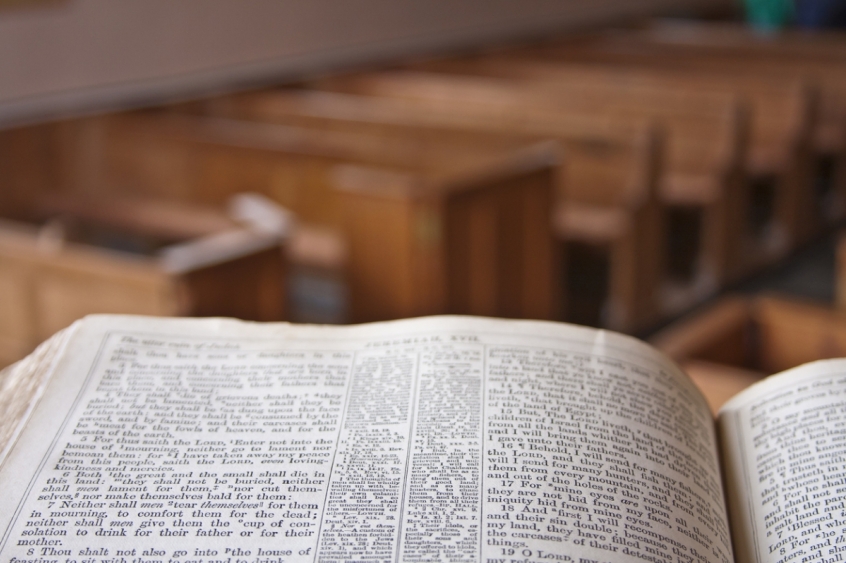
Wokery is winning on the Church of England's General Synod but an effective conservative resistance movement is mounting.
The evidence for that was clear during the Battle of the Boilers at the February Synod sessions in Westminster last week.
In order to meet its 2030 net-zero carbon target for CofE buildings, General Synod voted last Wednesday to make it harder for frontline parishes to replace broken-down fossil fuel boilers and oil tanks.
Like-for-like replacements of these will be now be subject to a full faculty application under the CofE equivalent of planning rules.
The Archdeacon of Chichester, Luke Irvine-Capel, moved an amendment trying to save parishes from the trouble of the full faculty process in replacing their gas boilers. He tried to persuade Synod to leave it up to the local Archdeacon to give a parish permission.
His amendment fell but only just, with 142 members voting for it and 145 against.
Save the Parish campaigner, Marcus Walker, Rector of Great St Bartholomew's in the City of London, gave a significant Synod maiden speech against the imposition of the new bureaucratic burden on frontline parishes.
His remarks reveal the depth of frustration with the CofE hierarchy in many small, struggling churches "far from Westminster".
He pointed out that "the faculty process is long and can be expensive".
"Anyone who has been through this knows this. Much of the time this is frustrating, but necessary. But it is exhausting. And it is debilitating," he said.
"You know, and I know, the trouble parishes are in. Our questions this session give us some stats: 57% recorded a deficit last year, to a worrying total of £12 million.
"Last night, in the fringe meeting on the Mission and Pastoral Measure, we were told that hundreds of parishes are unable to fill their PCCs, some even to the point of being inquorate.
"You know this is unsustainable, Synod. I know this is unsustainable. We have been sent here, from across the Church, to see how best we can support our churches – each in their own context – to be the Church of England in every corner of the land."
When he stressed the disillusion many parish church volunteers are feeling, the Archbishops of Canterbury and York sitting on the raised platform looked visibly uncomfortable.
"Our Church is built on the goodwill of volunteers. Volunteers who make the tea, do the flowers, open the church for weddings but also who take on the burden of being the treasurer, of being the safeguarding officer, and of taking on that most ancient office in England: churchwarden," Walker continued.
"So much of the life of a volunteer now is taken up with paperwork, and process; and so many of our volunteers are voting with their feet. They are quitting.
"Members of Synod, please, let us not add to the cost of keeping our Christian presence alive in every community."
Another Save the Parish campaigner, Prudence Dailey, lay member for Oxford Diocese, stressed the importance of warm churches for Christmas outreach in parishes.
And she pointed out that boilers tend to break down in the winter because they are used more.
"The danger is that they will break down immediately before Christmas, which is one of the best missional opportunities that the Church has to get people through the door," she said.
Dailey went on to argue that "for a lot of churches they just need to replace their boiler quickly. It's broken down, it's an emergency, funds are short. Many churches are struggling just to keep the place functioning at all."
General Synod voted in February 2020 for the 2030 net-zero carbon target.
Walker, who is the chairman of Save the Parish's steering group, commended the target as "noble and worthwhile". But Save the Parish's issue is with the bureaucratic ruthlessness of climate emergency ideology on struggling parishes.
Synod members voted overwhelmingly for the new faculty rules, which make it easier for churches to insulate pipes, install draught-proof doors and windows, put in electric pew heaters, and fit new non-fossil fuel boilers.
Save the Parish did not win the Battle of the Boilers. But in Marcus Walker's hard dose of reality, Prudence Dailey's outreach emphasis, and the support for Archdeacon Irvine-Capel's amendment, politically correct CofE higher-ups saw visible evidence of the progress the conservative resistance movement is making.
Julian Mann is a former Church of England vicar, now an evangelical journalist.













